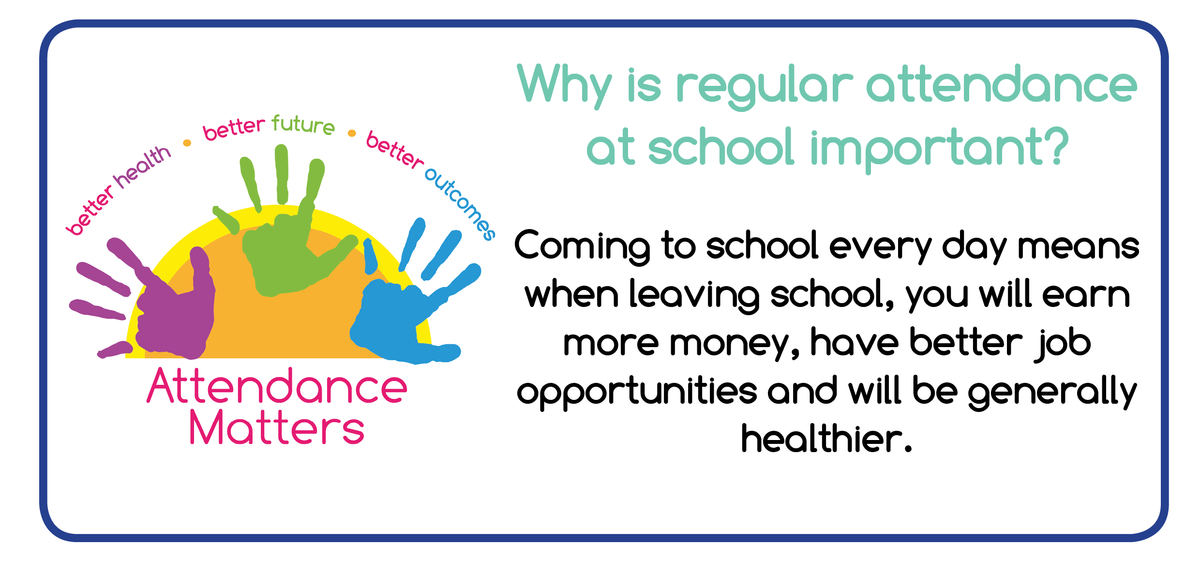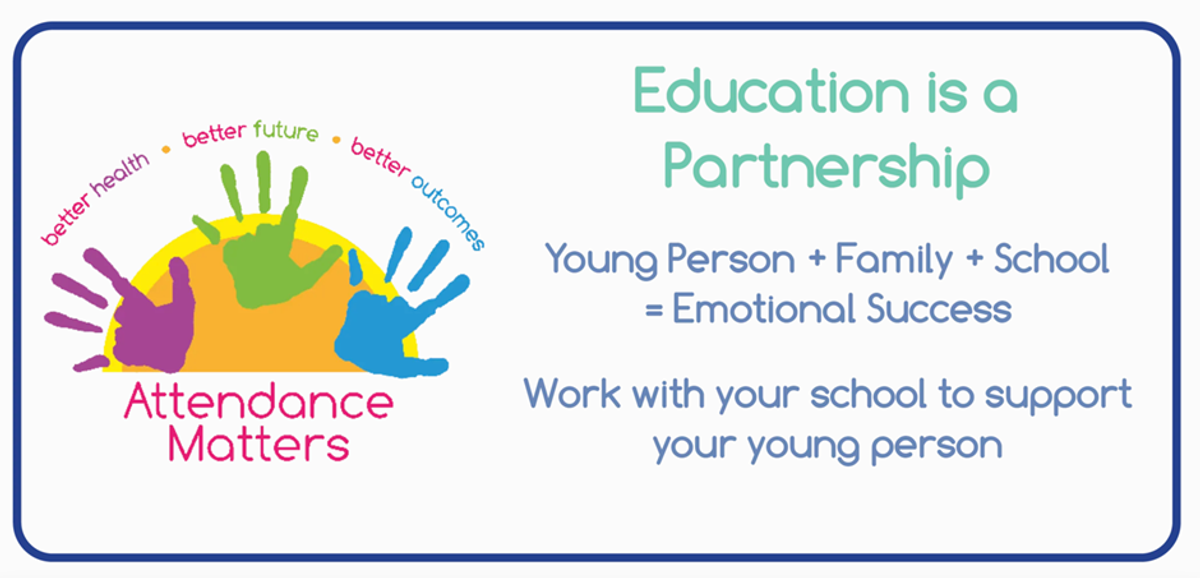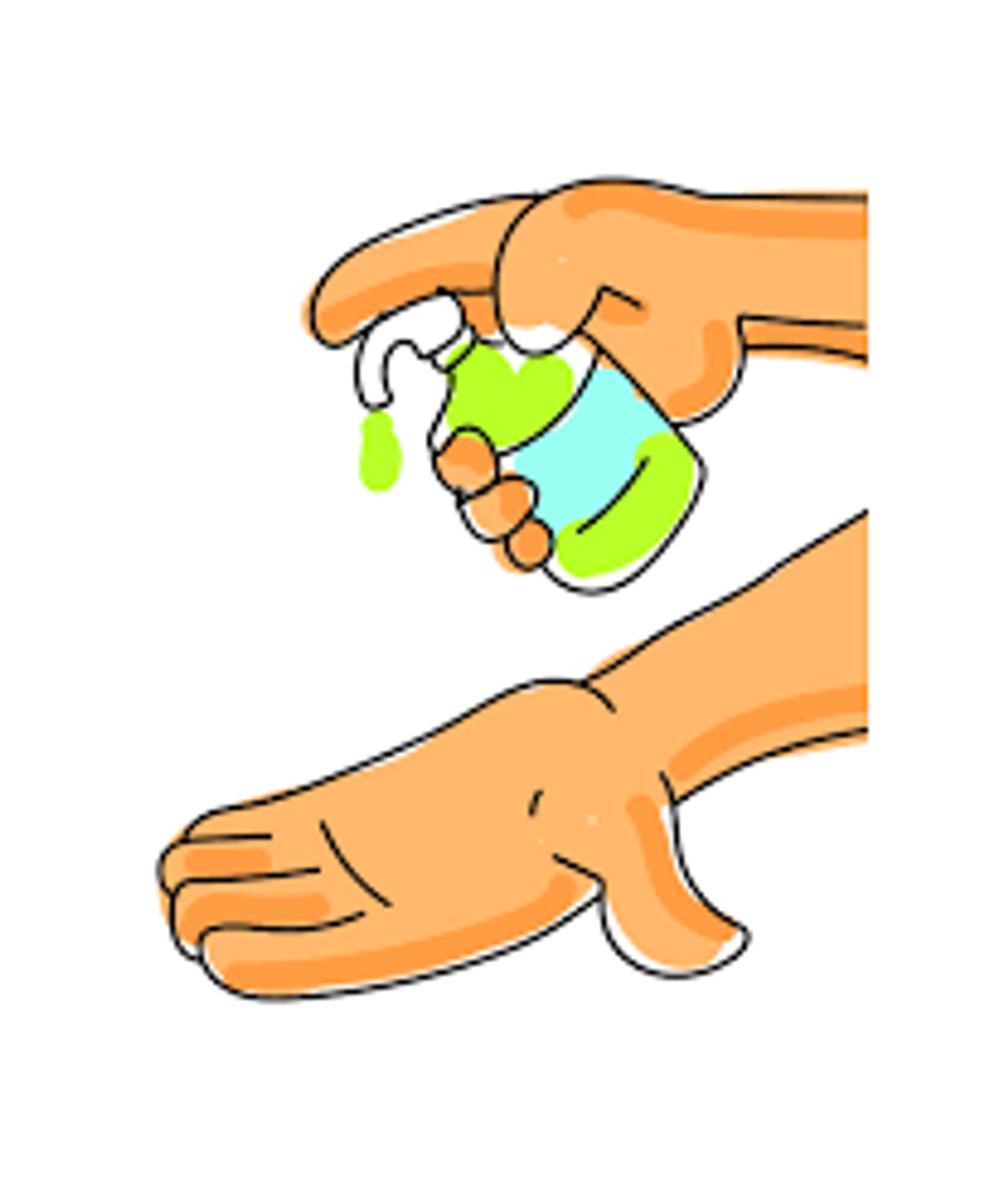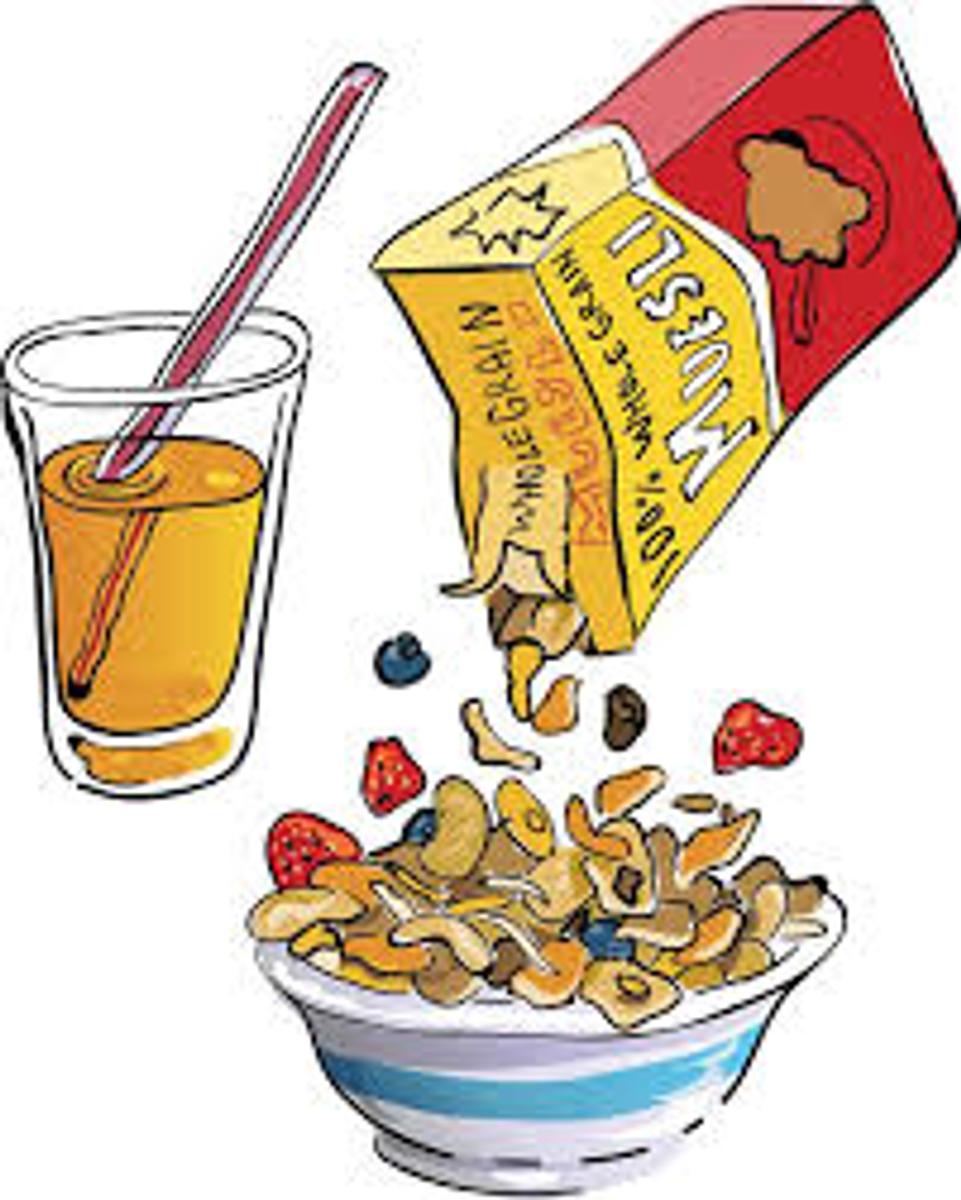Thrive & Flourish

Dear Parents and Caregivers,
Welcome to Week Eight of the term. It is nice to see signs of Spring in the environment – although for allergy sufferers it is a different story. Slightly longer days, gardens starting to bloom, nature starting to rejuvenate certainly helps to lift one’s spirits.
For those currently unwell, we hope for a speedy recovery for you.
For those who’ve welcomed a new addition to the family, we extend our warmest congratulations on this happy occasion.
For those families who’ve experienced a recent bereavement, please know you are in the prayers and thoughts of all in our community.
Attendance
Parents/guardians are responsible for making sure that all children attend school every day unless they are too unwell, in which case the school must be advised. If families are going to be away for an extended period, (eg: family holiday), we ask that prior notice is given to the school, so that if parents wish, a learning program can be put in place for their children.
If parents would like support with this, please feel free to contact a member of the Wellbeing Team. We thank you for your support with this.
Ways to Keep Kids Healthy
School is a place where children learn and grow cognitively, develop social skills, and become independent individuals. As they grow, it's essential that children learn healthy habits—such as handwashing, getting sufficient sleep, and eating nutritious meals—early on. By helping children establish some important habits, parents can show them how to make health a priority.
Hand washing Teach children how to wash their hands properly for at least twenty seconds — and when to do it (after blowing their nose, using the bathroom, and before eating). This helps reduce their risk of getting sick and in turn, from infecting others.
Be sure to assist young children with washing their hands. When hand washing is not possible, hand sanitizer containing at least 60% alcohol is the next best way to kill germs that cause many illnesses.
Healthy Immune System. There is no proven way to "boost" the immune system, but it is important to keep children’s bodies healthy so their immune systems can work properly. Getting enough sleep, maintaining a healthy diet, managing stress, exercising, making time to laugh, and emphasising hand washing can help reduce your child's risk of getting colds, flu, and other infections.
Watch for Signs of Anxiety and Stress Children can face a lot of stressful situations every day. Research shows that stress and anxiety can have a negative impact on kids' health, just like it can on the health of adults. Parents need to know how to spot symptoms of stress and find ways to manage children's anxiety.
Work with your child to identify things in their life that they can control, like what they wear and how they spend their free time. Brainstorm together about what helps them de-stress. For some kids this might mean writing in a journal, while others might enjoy playing a board game or going for a walk. The key is to personalise stress management strategies to each child. What works for one may not work for another.
Get adequate sleep. A consistent bedtime routine is important to your child's health. Children in Foundation through Grade Six should get between 9 and 11 hours of sleep. Sleep quality is directly associated with behaviour, eating habits and the ability to fight off infections. Lack of sleep increases cravings for junk food and often results in mood swings and an increased risk of infection. Children’s beds should be device-free in order to ensure adequate sleep.
Exercise daily. Help your child get at least 30 minutes of exercise a day. This will help them:
- Sleep better
- Be healthier overall
- Improve their behaviour
- Manage stress better
- Improve performance at school
- Reduce screen time. Any screen time should be limited to two hours a day or less. This includes phones, televisions, tablets, video games and computers. The light emitted from screens can reduce melatonin levels, making it more difficult to fall asleep and can disrupt the body's circadian rhythm.
Practice healthy eating habits. Promote your child's health with a nutritious breakfast, lunch and dinner, along with adequate hydration throughout the day.
- A healthy breakfast that includes protein, dairy and whole grains is directly correlated to positive behaviours throughout the day and improves your child's ability to focus and concentrate.
- A nutritious lunch includes lean meats, whole grains, fruits and vegetables.
- Top off the day with a family dinner. Mealtimes spent with family promote better health and well-being. It can help prevent fatigue, improve mood, aid digestion and weight maintenance and improve brain function.
- Promote healthy drink choices like water and milk. Limit or eliminate sugar-sweetened and caffeinated beverages. Caffeine can increase your child's heart rate and blood pressure, interrupt sleep and cause nervousness and irritability.
Wellbeing Support
Wellbeing support can be accessed in the following ways:
- Any staff member can arrange for a referral to Student Wellbeing if they have concerns about a student’s wellbeing.
- Parents can also request support for their child/ren by contacting a member of the wellbeing team at school.
Email:
Tony McDonald: tmcdonald@shtatura.catholic.edu.au
Felicity Bryant: fbryant@shtatura.catholic.edu.au
Deb Turvey: dturvey@shtatura.catholic.edu.au
- At times, a student may be referred to an external support service. We also respect the fact that some students and parents may prefer to seek professional support independent from the school setting. In such cases, Sacred Heart values working collaboratively with external support services. We encourage parents/carers to communicate with the school if there is a significant issue affecting their child’s wellbeing.
If ever you need help sorting out personal or family issues, give CatholicCare Victoria a call. They offer many services to all members of our community – ALL FREE.
Tony, Deb and Felicity.
Liam's Joke of the Week
Q: What do you call a Grandad in a canoe?
A: Paddlepop










